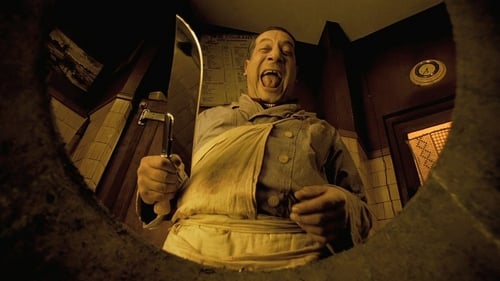
Original Music Composer
Num mundo pós-apocalíptico em que a comida é a principal moeda de troca, Louison (Dominique Pinon), um ex-palhaço, arranja um emprego no prédio que abriga o açougue Delicatessen. Instalado na pensão do andar superior, o novo funcionário acaba se envolvendo com a violoncelista Julie (Marie-Laure Dougnac), filha do sanguinário açougueiro Clapet (Jean-Claude Dreyfus). Perseguido, o rapaz precisa escapar do pai ciumento e dos demais moradores do prédio, que têm planos macabros para sua carne.

Music
Dominique Pinon takes the viewer through various examples of what he "likes and dislikes."

Original Music Composer
Ernesto, a seven-year-old boy who has the body of a thirty-year-old man, decides, upon attending his first day of school, that he no longer wishes to attend, because he does not wish to be taught matters that he does not know.

Self
This afterword to India Song (Duras' celebrated 1975 film) is organized in several parts. It begins with an interview to Marguerite Duras by Dominique Noguez, an expert in her work; the interview links the film to the two movies whom it's related to: The Ravishment of Lol V. Stein and The Vice-Consul.
Several themes are tackled: childhood, autobiographical traces, relationships between differents characters and different films and more. India Song's main actors — Delphine Seyrig and Michael Lonsdale, who played Anne-Marie Stretter and the French vice-consul — join the conversation and talk about their roles and their craft. Marguerite Duras then evokes her memories of the shooting with the composer Carlos D'Alessio and her camera operato Bruno Nuytten.
The conversations are punctuated by clips of the film.
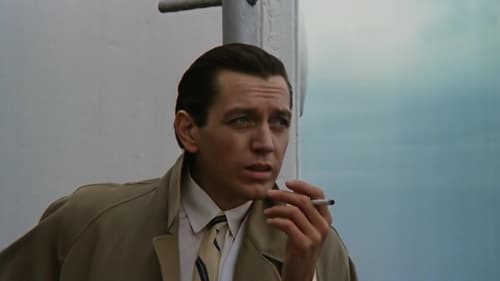
Music
Set amid the European community in an unspecified North African country, a colony on the verge of nationalism just before the war. And colonized is what happens to a French diplomat, Julien Rochelle, when he meets the mysterious beauty Clothilde de Watteville. Schmid 's favorite axiom, that love is projection, never had such a thorough airing. Is Clothilde really the wife of a French official now holed up in Siberia? Or is she Hecate, goddess of black magic and devourer of the Arab boys she meets far from the European quarter? Only our projections know for sure; for the rest, she is a "woman looking out into the night." Drawn from a novel by Paul Morand, who based the main character on his wife Helene, Schmid's film achieves an atmosphere of magic in which psychological credibility is not so much absent as irrelevant-a film that distances itself from the drama it invokes, perhaps as the elusive Clothilde turns her back on the madness she provokes.

Music
In this eerie, atmospheric tale, a young woman is on a train when she sees some people she thinks she knows from her childhood. On arriving home, her husband tells her that a certain countess has died. At that point, the film cuts to a scene of the countess singing in a mausoleum while the visual image of the graveyard's many tombstones passes before one's eyes. Back home, the husband -- also a "father-figure" -- is looking over his collection of wooden angels. Some time elapses, and he surreptitiously sees a thief come down through the chimney, steal some things, and then leave. To combat any recurrence, he builds an iron, escape-proof cage around the fireplace, and then goes away on a trip. When he comes back, he finds the thief dead in the cage. Thus far, the camera has only shown the husband in profile or from the back. Then there is another story about a young girl, with a spiteful, nasty mother, who is trying to cope with her own attraction to a man.
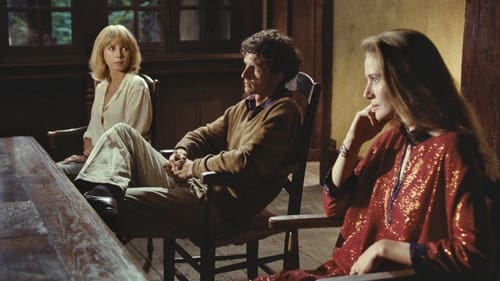
Original Music Composer
Each night in Paris, hundreds of men and women anonymously use telephone lines that date from the German Occupation and are no longer listed to talk to each other, to love each other. These people, shipwrecked lovers, are dying to love, to escape the abyss of solitude.
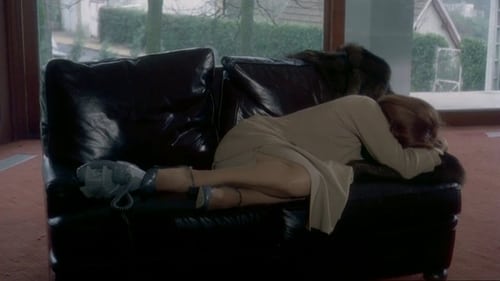
Original Music Composer
Um estudo de uma mulher fria e reservada que praticamente foi vendida pelo marido, um operador de edifícios, para se livrar de uma dívida de jogo.

Music
An old lady returns from Africa where she made a fortune to find her son in Paris, whom she has not seen in five years, with the intention of bringing him back with her. But this project fails.
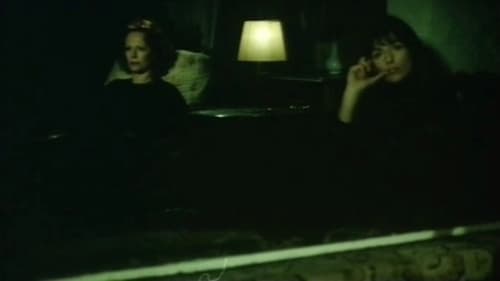
Music
The full soundtrack to Marguerite Duras' 1975 film India Song, about a French ambassador's wife in 1930s India, is here repurposed with all new cinematography. As we hear all the dialogue of a bygone movie, we travel visually through images of absence and decay, bereft of life. It's the ghost of a film, and a further commentary on colonialism.
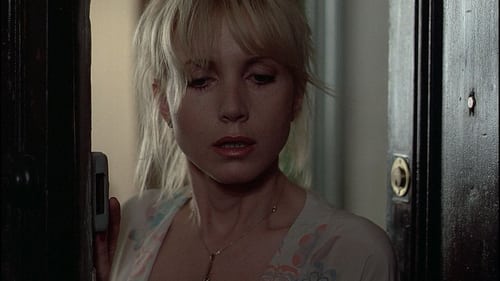
Music
Durante um assalto, um jovem se depara com um mundo subterrâneo de sadomasoquismo. A dona do apartamento gere uma operação de dois andares, com os respeitáveis no andar de cima e os clientes, no de baixo. Ela e o assaltante viram amantes, e os dois andares começam a interferir um com o outro.
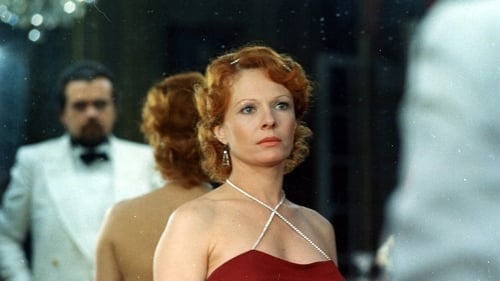
Original Music Composer
A esposa de um desonrado diplomata francês sofre de “lepra da alma,” outro termo para tédio. Por meio de uma mistura de fofocas fora de tela, ficamos sabendo da conduta escandalosa de Anne-Marie na Índia dos anos 30 e seu destino fatal gerado pelo tédio e pela culpa colonial.
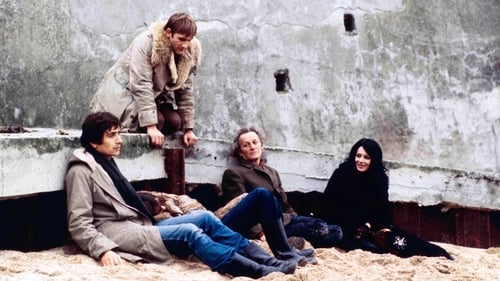
Original Music Composer
A man returns to the place he once lived a passionate love affair with a woman who is now dead. So powerful are the emotions that seize him that he imagines she is still alive, and begins to live as if this were the case...










